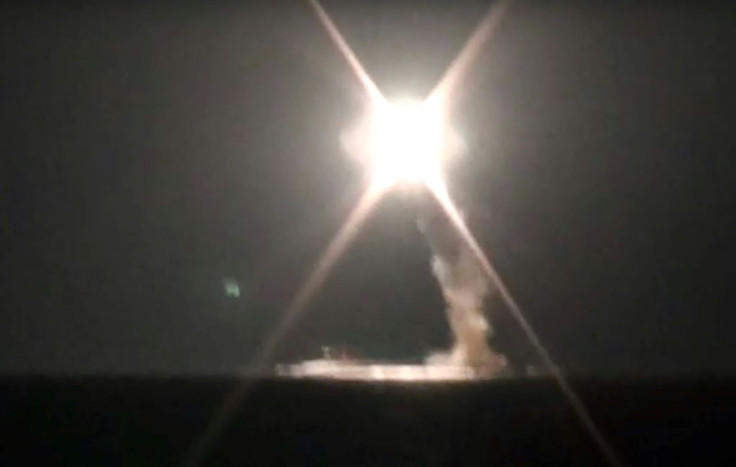
The Kremlin and its associates are scaling up their threats against the U.S. after the Biden administration allowed Ukraine to use long-range missiles to strike inside Russia.
Among them is propagandist Dmitry Kiselyov, who issued an ominous warning during an appearance on state media. The west, he said, was directly entering the war "with all the ensuing consequences for their own territories and those inhabiting them." "The response could be anything. Anything."
The statement follows one by Russian presidential spokesperson Dmitry Peskok, who said the decision makes it "clear that the outgoing administration in Washington intends to take steps to continue to add fuel to the fire and to further inflame tensions around this conflict."
"This decision is reckless, dangerous, aimed at a qualitative change, a qualitative increase in the level of involvement of the United States," he added. Russian president Vladimir Putin, on his end, said Moscow would "take the appropriate decisions based on the threats that we will face." He had also suggested his government could supply long-range weapons to countries seeking to attack western targets.
"If someone thinks it is possible to supply such weapons to a war zone to attack our territory and create problems for us, why don't we have the right to supply our weapons," Putin said in June.
Biden had long resisted calls for a change in the U.S. support for Ukraine within Congress and then from allies such as Britain. But with President-elect Donald Trump's inauguration less than two months away and North Korean troops being deployed to help Moscow', the president changed tack.
Previously, U.S. officials had worried about the danger of escalating the conflict with nuclear-armed Russia, as well as the risk of depleting Washington's own stocks of the valuable munitions. Ukrainian President Volodymyr Zelensky had pleaded again for restrictions to be lifted on Friday.
"We see every site where Russia is amassing these North Korean soldiers on its territory, all their camps. We could strike preventively, if we had the ability to strike long enough," Zelensky said in an evening address. On Sunday, he noted that the reports about Biden's policy change had not been openly confirmed by the White House but said the "missiles will speak for themselves."
The American shift is likely to lead European allies to review their stances on long-range missiles, even though experts say the weapons alone will not decisively tilt current battlefield dynamics.
France and Britain have provided Ukraine with their long-range Storm Shadow and SCALP missiles, but have held back from authorizing their use inside Russia without American approval for ATACMS.
During a meeting with French leader Emmanuel Macron on Monday, Prime Minister Keir Starmer of Britain discussed how to put Ukraine in "the strongest possible position going into the winter," his office said afterward.
Speaking in Argentina on Sunday, Macron said Putin "does not want peace" and that "it's clear that President Putin intends to intensify the fighting." The Kremlin rejected on Monday a peace proposal from Turkish President Recep Tayyip Erdoğan to be put forward at the G20 summit in Brazil, which would have frozen hostilities at current positions. Peskov says Russia continues to demand Ukraine drops its goal of joining NATO and withdraw from the regions claimed by Russia.
With information from AFP
© 2025 Latin Times. All rights reserved. Do not reproduce without permission.





